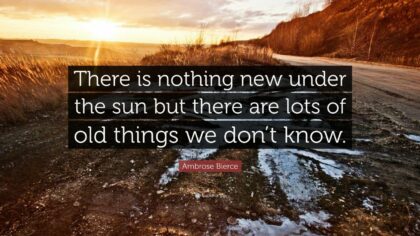In this time of Hight Holy Days of Rosh Hashanah and Yom Kippur approaching, Rev. Liz will reflect on starting fresh even when so much has gone before and even when we are burdened. We can always prepare for what can be next, even for what can be new in this old world that claims nothing new under the sun. Come hear the welcoming notes of the shofar and other special music.
We are worshiping in person in the Meeting House starting at 10:30 am. Masks are welcome but no longer required. If you cannot join us in person, click here to tune into our YouTube channel at 10:30 am.

